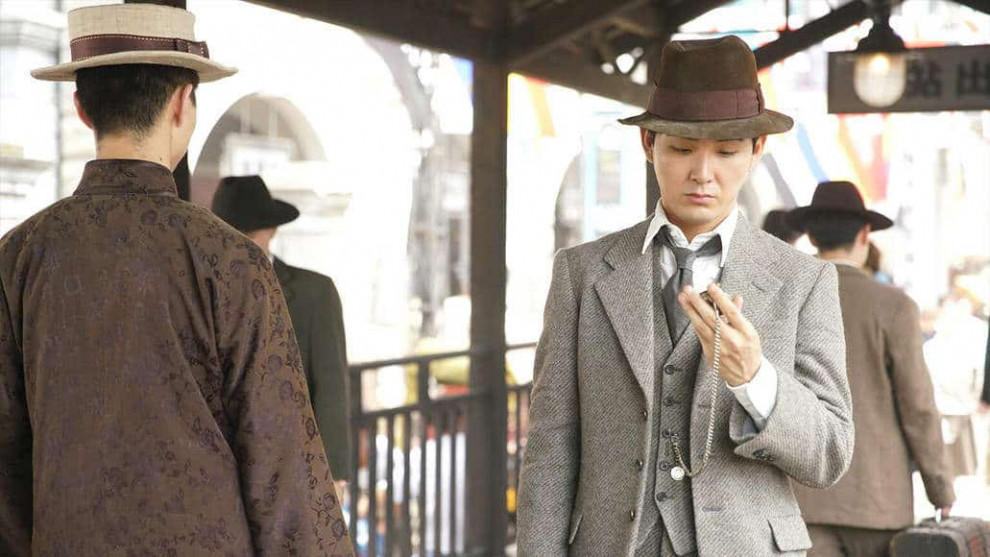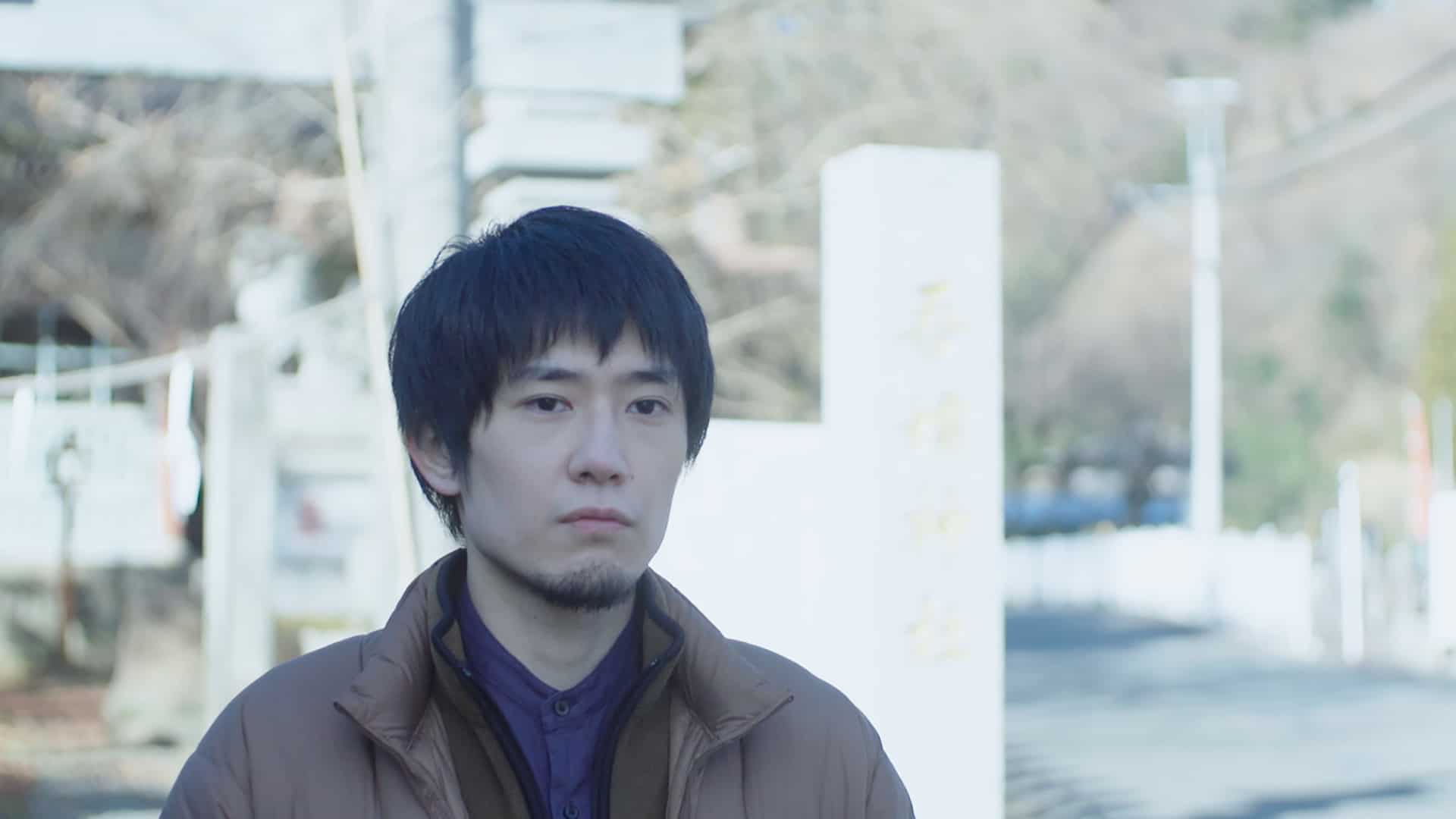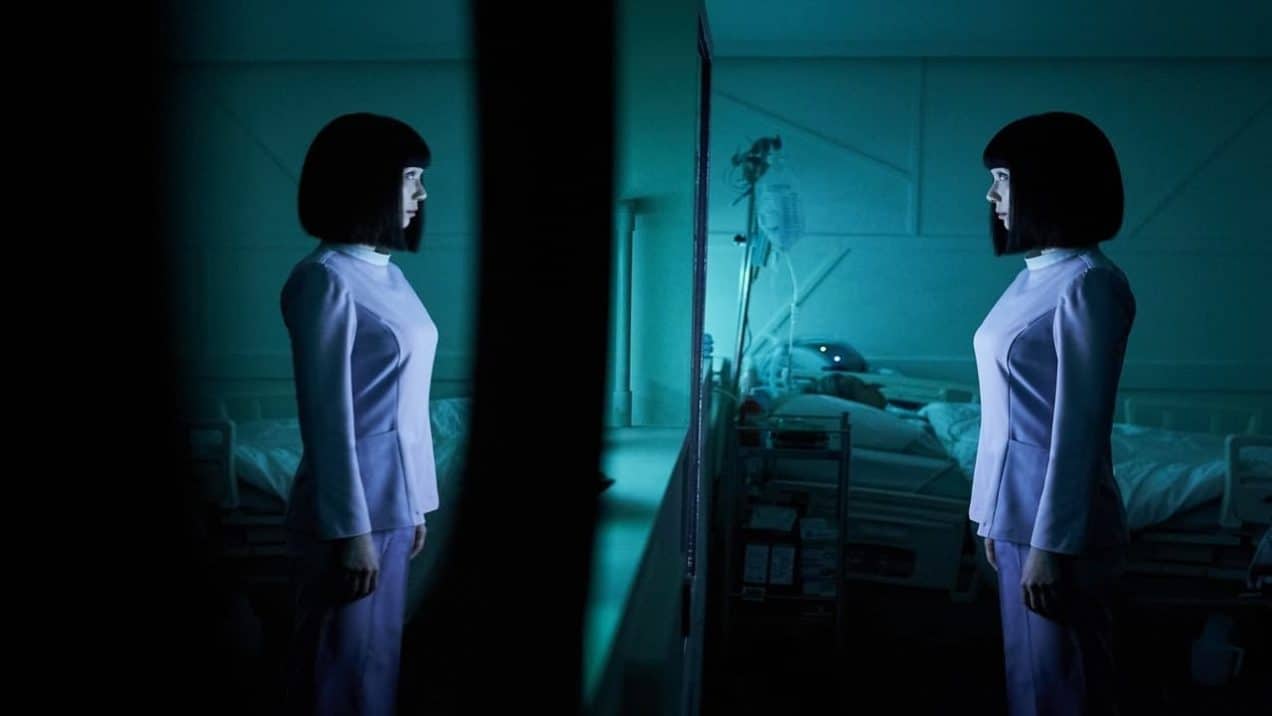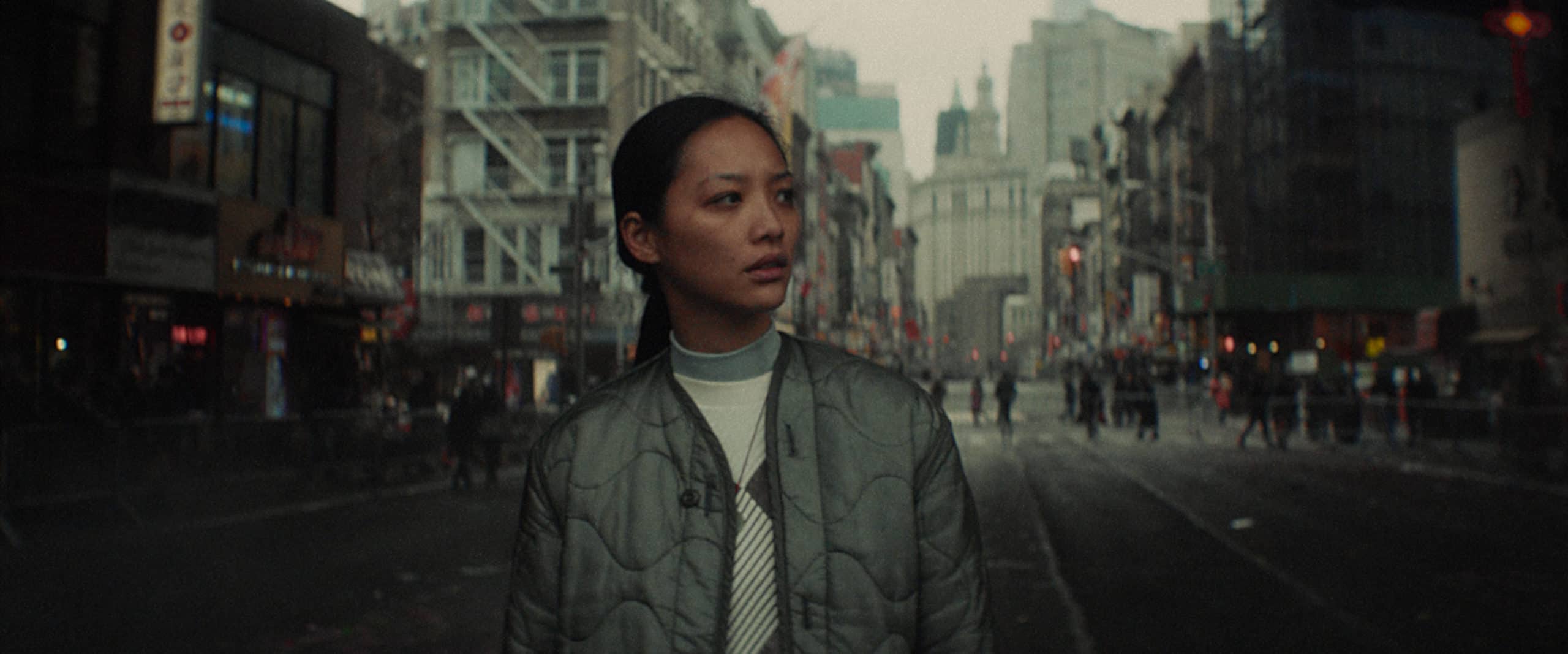According to the narrator (who also happens to be the protagonist, Ryunosuke Akutagawa), ‘Shanghai is a city of sin'. How and in what ways is that statement true remains a mystery throughout, as the director fails to conjure anything like a living, vivid world that could actually be characterised in any way. Rather than that, Taku Kato offers a meandering slog of a narrative drifting between characters and subplots without any specific rhyme or reason.
The only really interesting merits coming from the film are Akutagawa's interesting remarks about Shanghai of the 1920s. The cultural clash documented by the writer is an interesting testament to the tensions between Japanese and Chinese nations. The protagonist nose-dives into the city which historically has been influenced by various European powers as well as Japan. Some scenes depict the brutal treatment of the Chinese, but other than that, “A Stranger in Shanghai” is a two-part TV movie that lacks any overarching theme, or anything that could really tie together various encounters and strands of this messy story.

In terms of the production values, “A Stranger in Shanghai” is quite impressive; the street scenes are filled with extras, and costumes add to the realism of the movie. Nevertheless, this doesn't help the overall tacky feel (it's a TV movie after all), as bad lighting only re-emphasises the artifice of the constructed world. Perhaps the worst of it all was the jarring usage of sound effects and confusing employment of overly dramatic music in scenes that didn't seem dramatic at all. Due to this, the overall tone of the film is hard to establish. Luckily small bits of humour seem to add a dose of energy in this otherwise uninspired and simply boring film.
Few biographies have managed to tell so little about their protagonists. There is hardly any adjective I could use, to describe the Japanese writer (author of “Rashomon” which later was turned into a famous adaptation by none other than Kurosawa) having watched the movie, and on top of it Ryuhei Matsuda's performance as Ryunosuke Akutagawa is, simply put, somnambulist. In the only quasi-interesting subplot of the movie, Akutagawa establishes a confusing relationship (not quite friendly, but also not really romantic) with a deaf male prostitute. Yet, before it has any chance to develop, it becomes suddenly cut short. Just like every theme or potential narrative in “A Stranger in Shanghai”, it ends before fully developing into something worth attention.















